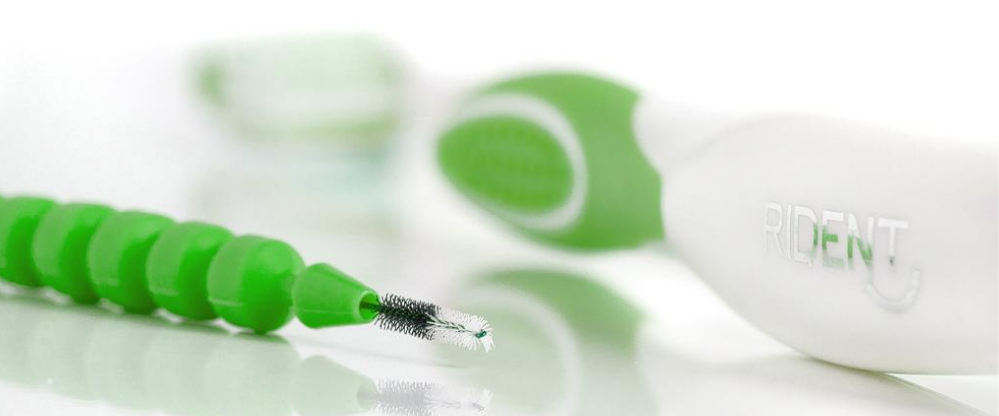31.08.2020
To understand the importance of implant hygiene we need to know that they are significantly different from natural teeth. The main differences between implants and teeth are:
Because of these differences, implants are generally more sensitive than natural teeth. One of the main factors of inflammation of the mucosa around the implant is the existence of plaque (biofilm) on prosthetic replacement.
Prior to implant placement, the patient should receive individual instructions on the methods of maintaining oral hygiene. This is important because we know that bacteria from the remaining periodontal pockets on the teeth can pass to the tissues around the implant. It has also been scientifically proven that even after all teeth are extracted, bacteria are still found in the oral cavity because they enter the cells of the mucosa. By individual instructions we mean the use of only the most necessary means for maintaining oral hygiene by avoiding overloading the patient with complicated protocols and devices that many give up.
For daily maintenance of oral hygiene, a rotating brush technique with a soft brush or the use of an electric brush that is atraumatic and effective is recommended. The emphasis is more on thoroughness. The importance of brushing the tongue should also be emphasized, because bacteria also stay on it.
Cleaning of interdental spaces with interdental brushes or must be included thread depending on their size. For cleaning some prosthetic replacements, it is recommended to use a water pick that effectively removes plaque. Occasionally, patients should also use mouthwashes that contain chlorhexidine, which is very effective in removing bacteria, as well as a gel with chlorhexidine that can be applied to the interdental brush.
In addition to home oral hygiene, since implants are more sensitive than natural teeth, we must emphasize the importance of check-ups in the dental office every 6 months. During these examinations, decontamination or professional cleaning of implants and prosthetic works such as ultrasound instrumentation, sandblasting, laser therapy and photodynamic therapy are performed.
Finally, we may conclude that for the long-term success of implant therapy the most important factors are effective maintenance of oral hygiene and regular check-ups.
